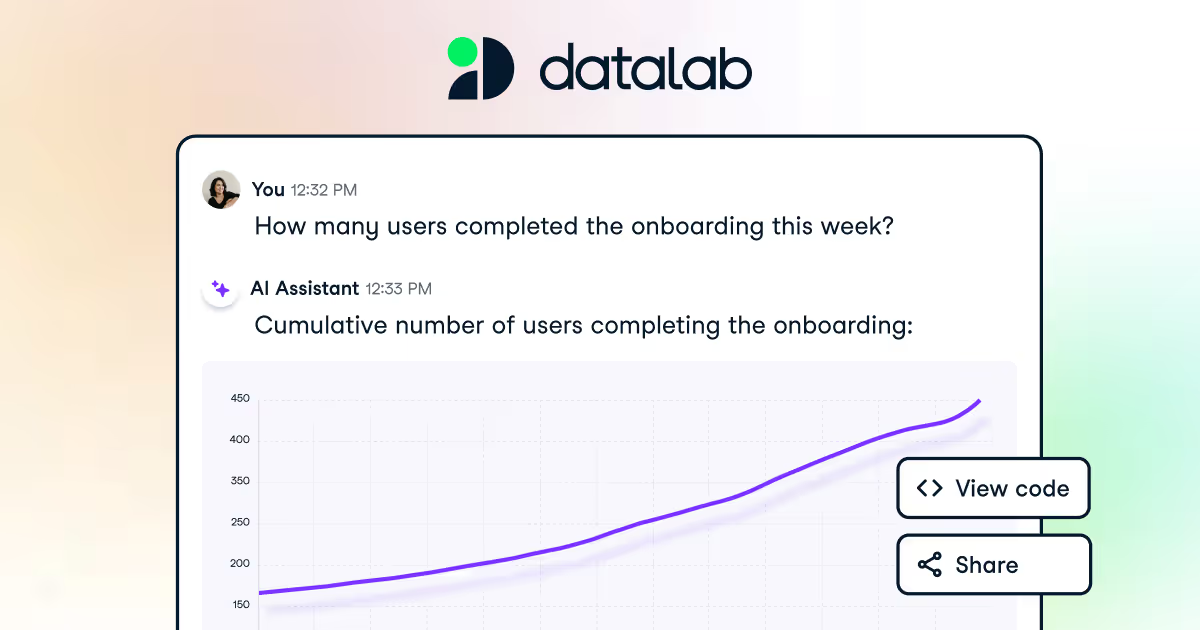
DataCamp envisions a future where everyone is data fluent, empowering individuals and organizations to harness the full potential of data through innovative education and practical skills development.
We drive transformative change by combining interactive technology, expert-crafted curricula, and personalized learning experiences that transition users from theoretical knowledge to real-world application.
Our commitment is to build a workforce equipped for the data-driven challenges ahead, fostering continuous growth and collaboration across industries through cutting-edge data science education.
Our Review
We've been tracking DataCamp for years, and it's one of those platforms that just gets data education right. While everyone was building traditional MOOCs, DataCamp went all-in on interactive, hands-on learning — and honestly, it shows.
The Interactive Edge That Actually Works
What sets DataCamp apart isn't just the slick interface (though it's pretty smooth). It's how they've gamified the whole learning experience without making it feel childish. You're writing real code from lesson one, not just watching someone else do it.
The platform covers the holy trinity of data science — Python, R, and SQL — with enough depth to actually build job-ready skills. We've seen too many platforms that skim the surface, but DataCamp digs into the nitty-gritty stuff that employers actually care about.
Smart Business Model, Steady Growth
Here's what impressed us: DataCamp cracked the code on serving both individual learners and enterprise clients. That $30+ million in funding didn't hurt either — it's given them the runway to build something substantial rather than just another coding bootcamp.
Their revenue numbers (around $42 million) suggest they've found that sweet spot between accessible pricing and sustainable business growth. Plus, with over 200 employees, they're clearly not a fly-by-night operation.
Who This Really Works For
DataCamp shines brightest for career switchers and professionals looking to add data skills to their toolkit. If you're already coding and want advanced machine learning, you might outgrow it quickly. But for getting from zero to "I can actually do stuff with data"? It's solid gold.
The enterprise angle is smart too — companies can track progress and ensure their teams are actually learning, not just collecting certificates. We've seen this play out well in mid-sized companies trying to become more data-driven.
Feature
Interactive courses in R, Python, SQL
Video lessons
In-browser coding exercises
Gamification elements
Training, certification, and collaboration tools








